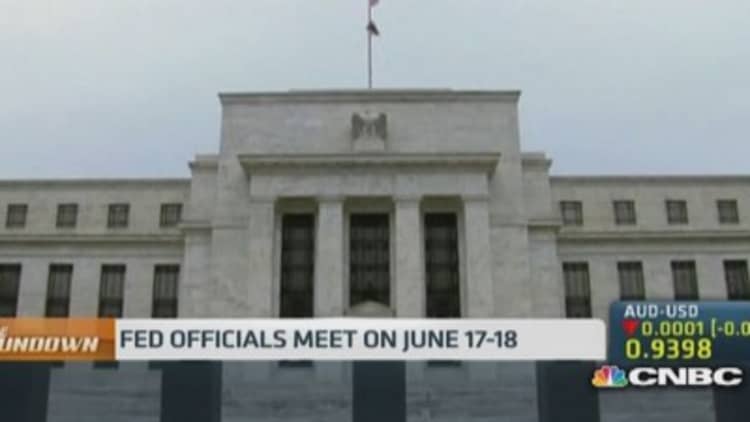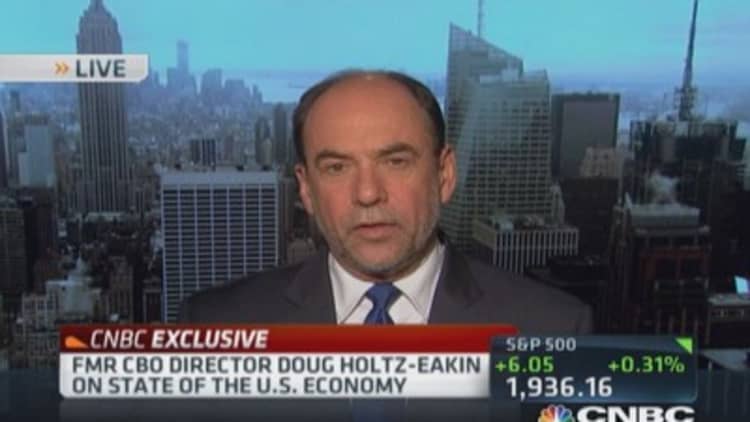
Economic data from China and commentary from central banks across the region will set the tone of trade in Asia-Pacific this week.
The week kicks off with China's foreign direct investment (FDI) data for May. In April, FDI spiked 3.4 percent on year following a decline in March, but traders say investment may drop as cooling property prices and rising vacancies spark fears of a housing crash.
Monday also brings India's wholesale price index (WPI) for May. While it's no longer the central bank's benchmark for measuring inflation, it remains a key gauge of the country's economic health.
Read MoreMonsoon: the new threat in India's inflation battle
"Wholesale price inflation has stabilized in the 5 to 5.5 percent range in recent months as slower food price growth weighs on the index. Fuel prices have also cooled as previous moves to scale back government subsidies have now been absorbed into wholesale and consumer prices," said analysts at Moody's Analytics in a note.
Wednesday will be data-heavy with Japanese trade data and China's house price index, both for May.
According to National Australia Bank, Tokyo likely recorded a deficit of 1.22 trillion yen in unadjusted terms and 1.07 trillion yen in seasonally adjusted terms, larger than April's 0.8 seasonally adjusted 0.8 trillion yen deficit.
In China, the property slowdown has been in focus and comes on the heels of Friday's data that showed real estate investment slowed sharply in May. Still, some analysts say Beijing's recent "mini-stimulus," which includes increased spending on infrastructure projects, may make a difference.
Read MoreMini stimulus working, China data shows
"The broader picture is that the property sector is still putting downwards pressure on the economy but this appears to have been largely offset by infrastructure spending and other targeted measures, which have shored up other areas of the economy," said Julian Evans-Pritchard, China economist at Capital Economics.
Friday will bring perhaps the most important data point of the week, HSBC's flash purchasing manager's index (PMI) for June. The bank's final reading for May rose to 49.4, lower than a preliminary reading of 49.7 but up from 48.1 in April.
Central banks watched

Minutes from the Reserve Bank of Australia's latest meeting are expected on Tuesday, but experts say it will be a non-event considering the RBA's repeated stance to leave rates on hold for a while yet.
Wednesday will see monetary policy decisions from the Federal Reserve and the Bank of Thailand.
Read MoreHow the Fed could shock markets this week
The U.S. central bank is widely expected to taper its monthly asset purchases by another $10 billion to $35 billion a month following a spate of strong economic data.
Focus will likely be on the Fed's economic projections and Janet Yellen's press conference.
"Janet Yellen is likely to reiterate that the Fed has a way to go yet to meeting its unemployment and inflation objectives and thus that a considerable time is likely to lapse between the end of quantitative easing and the start of rate hikes. My best guess for the first rate hike remains mid next year, but this doesn't mean financial markets won't start to worry about it earlier," said Shane Oliver, head of investment strategy at AMP.
Meanwhile, Thailand's central bank will likely leave rates on hold on the back of weak manufacturing and household spending data on the back of May's military coup.

